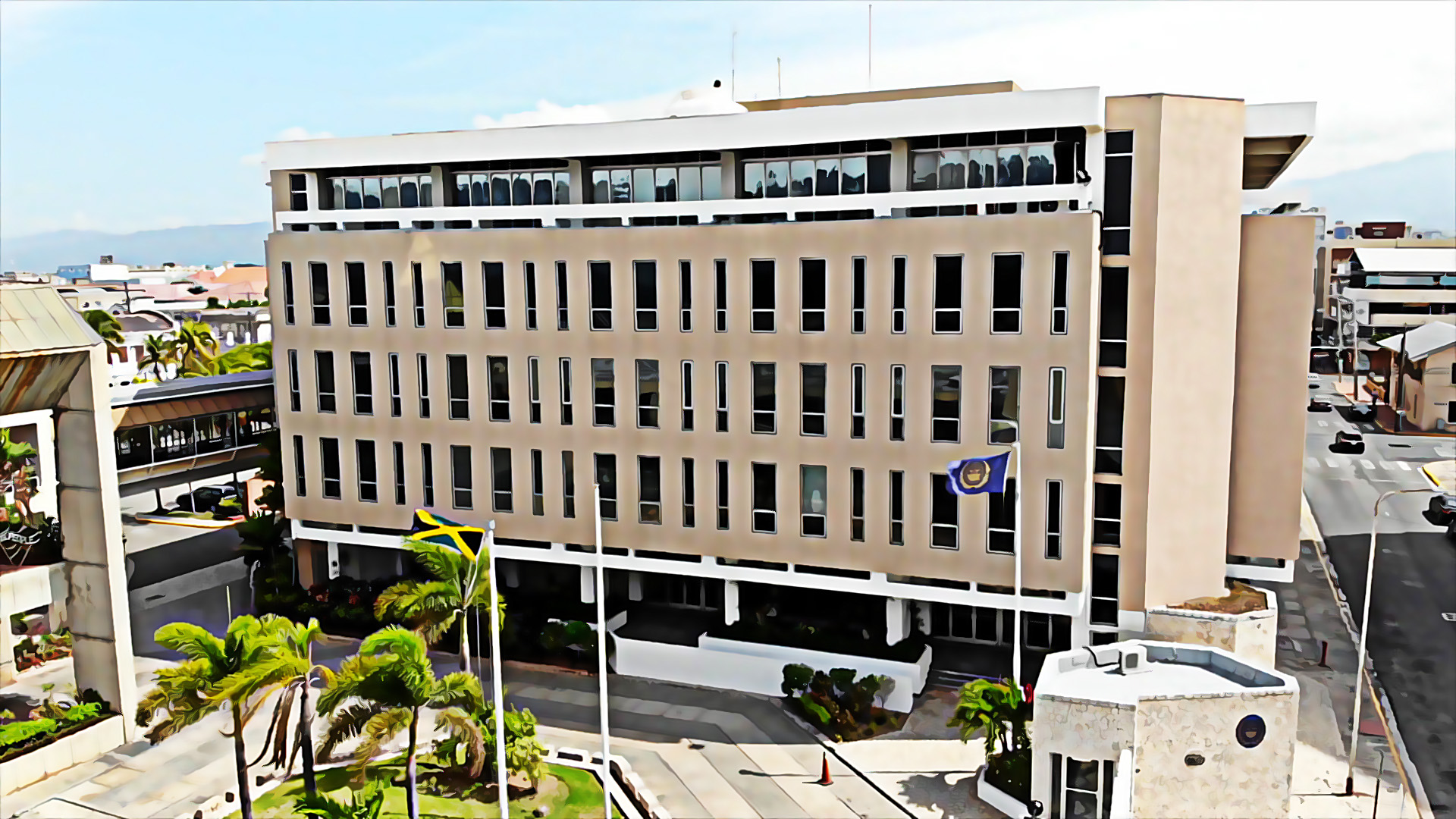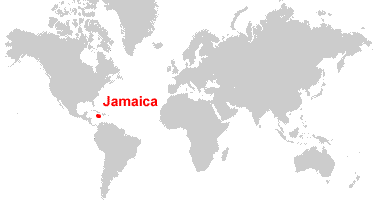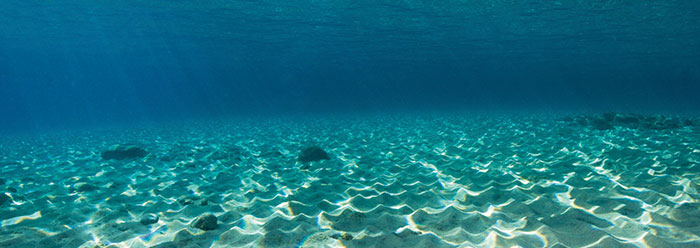ISA - the ruler of the deep seabed
International Seabed Authority is what you get if you decode the ISA acronym. It is an international organisation that is essential for deep seabed mining: no mining could exist without its approval. It was discussed in the post Principles that the CHM principle constitutes the common management of the Area and its resources. This role is given to the ISA which headquarters are in Kingston, Jamaica.


International Seabed Authority. Credit - ISA website (https://isa.org.jm/node/19551)
ISA is a strange and quite complicated international organisation. The reasons I came up with these conclusions are partly attributed to specific tasks that are assigned to it, an extremely high number of its members (167 states and EU), and a very fragile balance between scientific, environmental, economic, legal, and political interests in its decision making.
The given competences for this organisation are focused on organizing and controlling activities in the Area, particularly with a view to administering the resources of the Area.1 It might not sound much as it is just one sentence but, in the end, it is full control (including the protection of the marine environment) of the Area that is more than half of the sea floor.
In theory, the ISA has 7 organs, only 5 are working now. Thus, the organisational structure can get even more complicated. Nevertheless, disregarding the Enterprise (briefly discussed here) and the Economic Planning Commission which are not operating right now as their establishment was postponed by the Implementation Agreement, the remaining ones should at least be mentioned.
The Assembly is the plenary organ that contains all of ISA's members. As common for an assembly, it is responsible for general policies, in other words, the general direction and the functioning of the ISA.2 It would be unreasonable to expect different responsibilities from an organ that contains all 168 members and each of them has one vote.
The Council could be argued, is one of the main organs of the ISA and it has very wide competences.3 36 elected members. Some seats are reserved for the biggest and the most dominant countries, some for developing nations, etc. An appropriate balance is maintained. However, some states almost never leave their seat, such as the case of Russia for example. Nevertheless, all main decisions are basically taken here.
The Legal and Technical Commission (TLC). Probably the organ that I would like to talk the most about. It can be considered the brain of the ISA, all scientific and technical knowledge about the deep seabed is digested here. The well-renowned mind of 30 people is responsible for taking decisions on the direction of the deep seabed. It might sound contradictory as I just said almost the same thing about the Council but in my eyes, the TLC has comparable competences as Council in some cases.4
The Secretariat. It facilitates the work of the ISA and provides administrative services. So that the work could carry on. The Secretary-General of the ISA deserves a separate mention. Michael W. Lodge is the face and leader of this organisation.
The Finance Committee is focused on financial questions and preparing recommendations on financial matters for the Council. Fun fact, this organ was not foreseen initially but created while modifying the ISA structure in 1994 by the Implementation Agreement.
Unfortunately, not all questions that relate to deep seabed mining are exciting. However, it is the unavoidable pain that must be passed through so the joy of knowledge could be reachable.
P.S. More info about ISA and its history can be found, obviously, in its website and in my thesis (for more condensed information).
P.P.S. If you are diligent enough to check all UNCLOS articles which were mentioned, do not forget to read them in conjunction with the Implementation Agreement as it modified the UNCLOS regime.
1 UNCLOS 157(1).
2 UNCLOS 160(1).
3 UNCLOS 162.
4 For further references you can check out my thesis where I am discussing Chapter 5 ISA's decisions.
